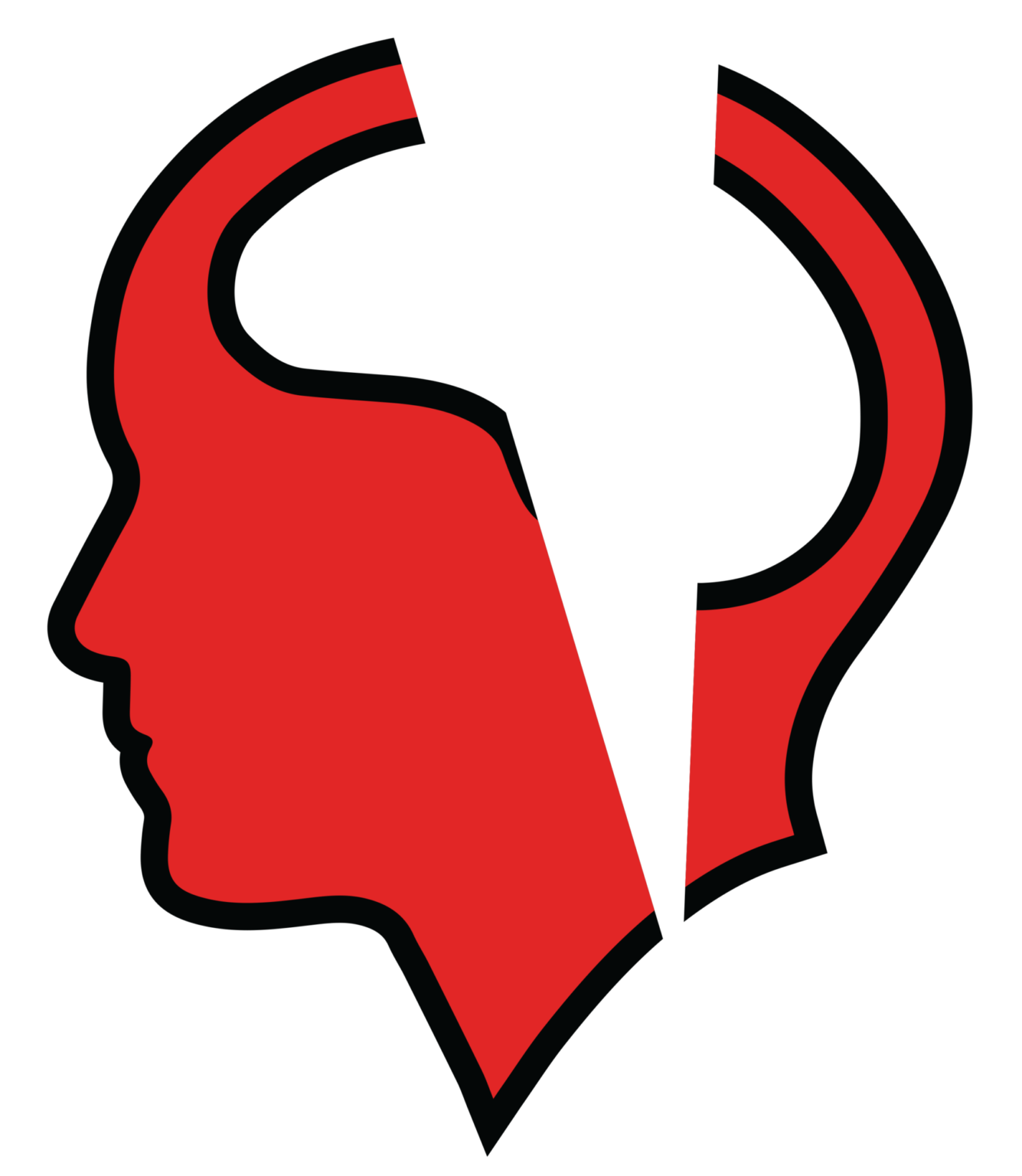Revolutionizing Dementia Care: Dr. John den Boer on Combining Tennis Sports Psychology, Mental Edge Neuropsychology, and Neurocoaching
In an innovative twist on dementia care, the integration of tennis sports psychology with Mental Edge Neuropsychology and neurocoaching is creating a promising avenue for enhancing patient outcomes. Dr. John den Boer, a trailblazer in dementia research and the founder of Mental Edge Neuropsychology, shares his expert insights on how these interdisciplinary approaches are transforming dementia treatment. This comprehensive interview explores the effectiveness of incorporating sports psychology, particularly through tennis, into traditional and novel therapies for cognitive enhancement.
Integrating Tennis Sports Psychology into Dementia Care
Interviewer: Dr. den Boer, could you explain how tennis sports psychology enhances dementia care alongside Mental Edge Neuropsychology and neurocoaching?
Dr. den Boer: Tennis sports psychology offers unique benefits for dementia patients by engaging them in physical activity that also demands mental focus and strategic thinking. When combined with the cognitive strategies of Mental Edge Neuropsychology and the personalized techniques of neurocoaching, it forms a comprehensive approach that stimulates cognitive functions and promotes physical health. This integration helps us address the psychological and physical aspects of dementia in a dynamic and enjoyable way, improving overall patient well-being and cognitive resilience.
Legal and Ethical Implications of Innovative Therapies
Interviewer: What are the key legal and ethical considerations in implementing these advanced therapeutic strategies?
Dr. den Boer: Ensuring informed consent is always a priority, especially when introducing new activities like tennis into treatment plans. Ethically, it’s vital to ensure that these therapies are accessible to all dementia patients and that we maintain high standards of care without overstepping boundaries in experimental treatments. Incorporating industrial-organizational psychology helps us maintain these standards by optimizing healthcare settings and enhancing team collaboration.
The Academic Role in Advancing Dementia Treatment Innovations
Interviewer: How do academic institutions contribute to the development of integrated treatments involving tennis and neuropsychological strategies?
Dr. den Boer: Academia is pivotal in providing evidence-based support for integrating tennis sports psychology with Mental Edge Neuropsychology. Research initiatives and clinical trials conducted in academic settings help validate the efficacy of these therapies. Moreover, educational programs are essential for training healthcare professionals in these innovative approaches, ensuring they are equipped to deliver complex and integrated care strategies effectively.
Future Directions for Dementia Care
Interviewer: What advancements do you foresee in dementia treatment using tennis sports psychology combined with neurocoaching?
Dr. den Boer: The future looks promising, especially with the potential customization of treatments through AI and machine learning. These technologies could refine our ability to tailor sports psychology techniques and neurocoaching to fit individual patient needs, potentially slowing cognitive decline and enhancing quality of life. The goal is to develop responsive healthcare systems that can adapt to the unique challenges presented by each dementia patient.
Challenges and Ethical Concerns
Interviewer: What are the main challenges in integrating these therapies into mainstream dementia care?
Dr. den Boer: One of the biggest challenges is ensuring widespread accessibility and integration of these innovative therapies across different healthcare settings. Additionally, continuous professional development is required for healthcare providers to stay abreast of these advanced therapeutic techniques and to apply them effectively.
Interviewer: How do you ensure that your innovative approaches balance between advancement and ethical considerations?
Dr. den Boer: We focus on maintaining a patient-centered approach, continuously evaluating the ethical implications of our interventions. It’s crucial to keep open communication among clinicians, researchers, and policymakers to address any ethical concerns and to ensure that our innovations are beneficial and equitably delivered across patient populations.
Conclusion
Dr. John den Boer’s insights illustrate the transformative potential of integrating tennis sports psychology with Mental Edge Neuropsychology and neurocoaching in dementia care. This multidisciplinary strategy not only improves cognitive and physical health in dementia patients but also enhances the operational dynamics of healthcare environments, paving the way for a more effective and compassionate approach to treating dementia. As we look toward the future, these innovative therapies promise to significantly enhance the quality of life for individuals affected by dementia, showcasing the importance of a holistic and engaging approach to treatment.



